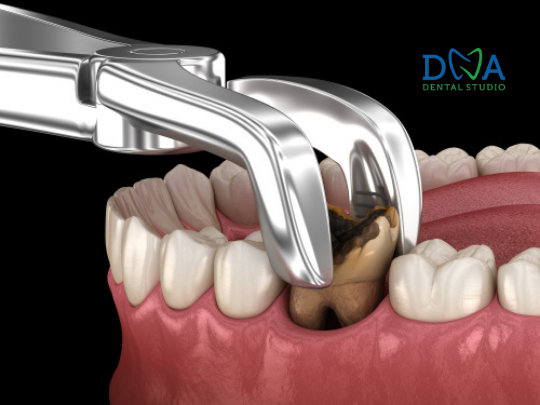Are Mouth Fresheners Good For Oral Health?
Have you ever needed a quick remedy for morning breath or the aftermath of a spicy meal? That’s where mouth fresheners come in! These handy products combat bad breath, leaving your mouth clean and refreshed. Whether you prefer mints, sprays, or chewing gums, they offer instant odor relief and are perfect for on-the-go freshness. But they do more than just freshen breath! Mouth fresheners can also promote oral health by stimulating saliva production, which helps wash away food particles and neutralize acids.
Benefits of Mouth Fresheners for Oral Health
Here are five key benefits of using mouth fresheners:
1. Fresh Breath: Mouth fresheners quickly counteract bad breath caused by food, drinks, or bacteria, revitalizing your mouth.
2. Stimulate Saliva Production: Many mouth fresheners boost saliva production, helping to rinse away food particles and neutralize acids, thus improving oral hygiene.
3. Convenience: Portable and easy to carry, mouth fresheners are ideal for freshening up anywhere, especially when brushing isn’t an option.
4. Improved Taste: They can enhance your sense of taste by removing lingering flavors that may interfere with enjoying food and drinks.
5. Promote Oral Health: Some mouth fresheners contain ingredients like xylitol, which can help prevent cavities by reducing harmful bacteria.
Potential Drawbacks of Mouth Fresheners
While mouth fresheners offer several benefits, they also have potential drawbacks to consider:
1. Masking Underlying Issues: They only temporarily mask bad breath without addressing root causes such as poor oral hygiene, dental issues, or certain medical conditions.
2. Sugar Content: Some mouth fresheners, like candies or gums, may be high in sugar, contributing to tooth decay and other dental problems.
3. Dry Mouth: Ingredients like alcohol in some mouth fresheners can cause dry mouth (xerostomia), worsen bad breath, and increase oral health risks.
4. Allergic Reactions: Certain ingredients in mouth fresheners may cause some individuals to experience oral irritation, swelling, or other allergic reactions.
5. Overuse: Excessive use, especially of strong ingredients like menthol or alcohol, can irritate oral tissues or disrupt the natural balance of oral flora.
Tips for Using Mouth Fresheners Wisely
To use mouth fresheners wisely, incorporate them into a comprehensive oral hygiene routine. While they provide instant freshness, prioritize daily brushing, flossing, and addressing underlying causes of bad breath. Choose sugar-free and alcohol-free options to minimize risks like tooth decay and dry mouth. Remember, mouth fresheners should complement, not replace, proper oral care. If bad breath persists, consult a dentist to rule out any underlying dental issues or health concerns. Balancing mouth fresheners with regular oral hygiene practices is key to maintaining a healthy and fresh mouth.
Wrap Up!
In conclusion, mouth fresheners are a convenient solution for instant fresh breath, but they should be part of a broader oral hygiene strategy. For long-term oral health, prioritize daily brushing, flossing, and addressing underlying dental issues. Opt for sugar-free, alcohol-free mouth fresheners to minimize potential risks and promote oral health. A healthy smile goes beyond freshness—it reflects overall well-being. Keep your smile fresh and healthy with a smart oral hygiene routine!
Take charge of your oral health today—use mouth fresheners wisely and consult your dentist regularly. Your smile will thank you!



Comments
Post a Comment